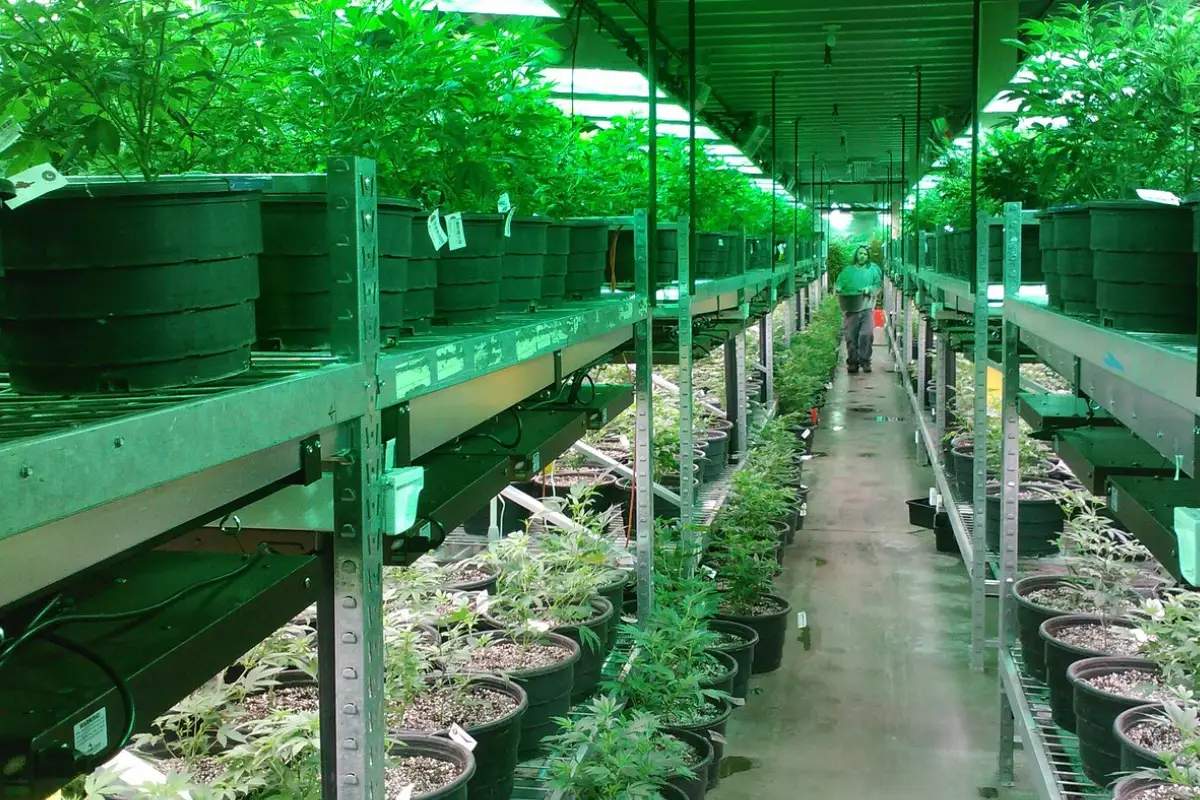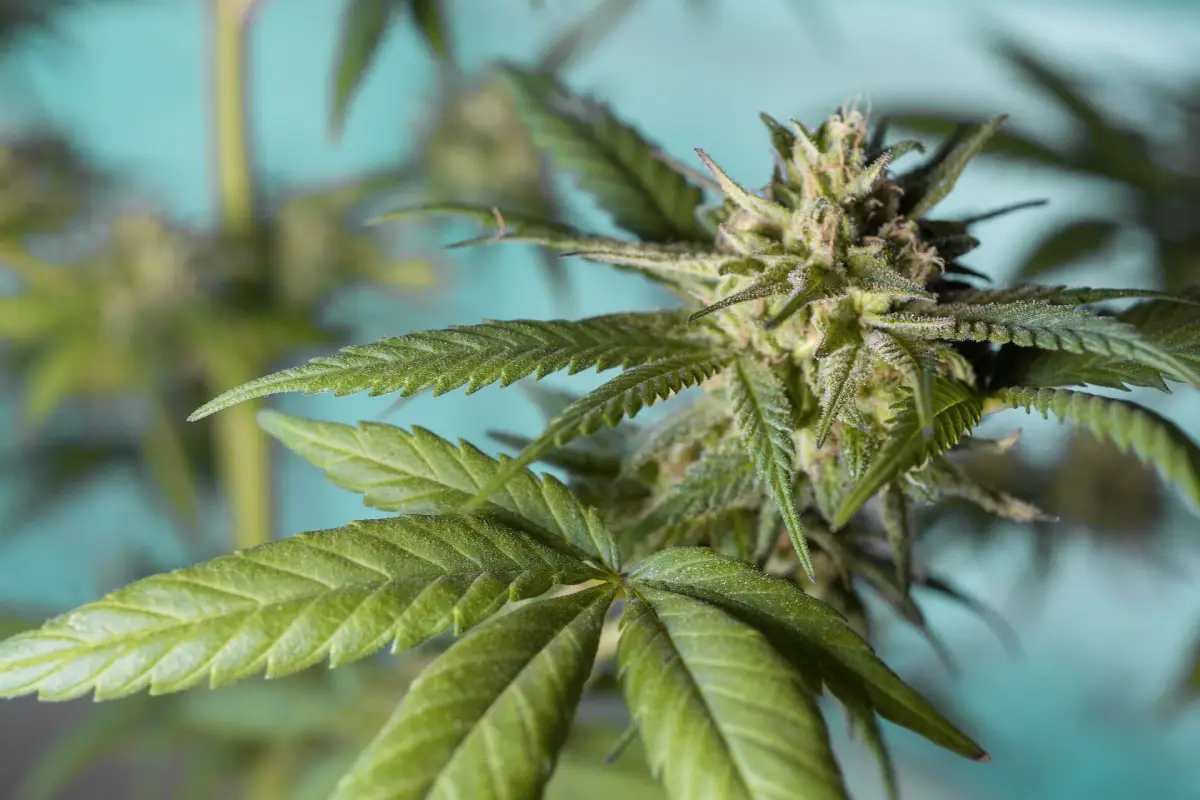
The cannabis regulations continue to rattle many cannabis businesses, especially the 280e taxation regulations. This makes it challenging for cannabis owners to deduct taxes on expenses.
Luckily, there are ways around the regulatory code due to the 280e loophole. When navigating around the tax code, you have more control over your taxes.
Knowing your way around the code and using the best practices of conducting proper tax methods can enhance your business operations.
This article focuses on the 280e loophole to give you the best outcome during tax season.
Explanation Of Section 280e
The 280e tax internal revenue code prohibits businesses from deducting normal business expenses from their gross income.
Cannabis is considered a Schedule 1 Substance drug as per the Controlled Substance Act which minimizes the control companies have in selling, producing, and managing the plant.
Understanding The Section 280e Loophole
Many cannabis businesses aren’t allowed to deduct their expenses from their gross income, but they can deduct the cost of goods sold (COGS), according to the IRS.
Ideally, the COGs are inventory costs and anything surrounding the cultivating, harvesting, and trimming.
Understanding this loophole gives owners the ability to deduct these specific costs without worrying about adding extra taxes on their business operations. Many businesses incorporate cannabis testing fees costs of goods sold and deduct where they can on their taxes.
Here are some other loophole strategies to pursue:
- Pay Taxes On Time: For owners, you need to pay your taxes on time to avoid any unnecessary complications and fees.
- Reporting: By reporting and keeping tax data in order, you’re ensuring the business stays in operation without accidental mishaps. If you receive cash of $10,000 in one transaction, you must report it and file under the 8300 form. The form should be completed within 15 days of the transaction. This is only one data you should keep an eye on as there are many others.
- Record Keeping: Make sure to keep consistent records of receipts, canceled checks, and documents supporting income, deductions, and credits. These are a few of the record-keeping data you need to keep track of your business operations.
As it is, many cannabis companies must navigate the complexities of the industry with strict regulations and guidelines.
There’s a lot these businesses can’t do to operate normally, but there are ways around these challenges.
Challenges Faced By Cannabis Companies Due To 280e
Cannabis companies can’t deduct certain expenses in their operations including advertising expenses, wages and salaries, and travel expenses. These expenses should be considered and not be deducted from your gross income taxes.
Since expenses like these aren’t deductible it increases taxable income for many cannabis business owners.
If you’re one of the cannabis owners, then you understand how challenging it can be to find the extra funds to supplement the increase in taxable income.
Many new companies find it hard to grow with the 280e taxation on their back and may have stunted growth within their internal operations.
Importance Of Accounting Aid For 280e
Getting an accountant for your cannabis company can help you navigate the pressures of taxes like the 280e tax code.
Here are some ways accountants can help:
- Stay Compliant With Regulations: Accountants can help your business remain compliant by adhering to all tax regulations.
- Minimize Financial Risks And Penalties: They can also minimize your financial risks and penalties by giving you a clear financial projection. Accountants are responsible for understanding your finances to allow your business to succeed.
- Minimize Tax Debt: Under the 280e tax code, accountants guide you through the tax costs and allow you to avoid tax debt from accruing unintentionally.
- Track, Analyze, And Record Costs: As a business owner, you need to track, analyze, and record costs occurring in your operations. Accountants can conduct these activities to make following the 280e tax code a breeze.
- Avoid IRS Penalties: You won’t have penalties on your cannabis business operations since a professional accountant ensures the business follows required tax guidelines within the 280e tax regulation.
These are some of the ways accountants can help you maneuver the 280e tax regulations with ease, especially if you’re looking for cannabis accountants near Maryland.
How The Section 280e Loophole Impacts Cannabis Businesses
The 280e tax loophole can provide cannabis owners with a clear pathway to operating businesses smoothly.
Businesses can enhance their internal operations and conduct taxes accurately by recording, tracking, and identifying deductions.
They won’t be bothered with tax penalties and fees accumulating since they followed a clear-cut procedure to winning the 280e tax code regulation.
The industry is always evolving with new regulations and laws. When cannabis becomes a Schedule 3 drug, businesses can reap the benefits of the 280e loophole by staying in business until new regulations are set in place according to NORML
It’s predicted the industry will earn more money after the conversion of cannabis from Schedule 1 to Schedule 3.
The Difference Between The Cost Of Goods Sold (COGS) And Non-COGS Expenses
Cost of Goods Sold (COGs) are any inventory costs the business uses that can be deductible within their gross income. These costs include electricity, travel to buy cannabis, shipping inventory, security, and a few others.
Cannabis accounting security as cost of goods sold is a expense a business can deduct that make it easy for them to minimize taxes.
Non-COGS are expenses relating to advertising, wages, salaries, traveling, and a few others.
Specific cannabis businesses are going to have different COGs within their operations from cultivation to testing facilities.
COGS for dispensaries provide them with distinct advantages since they have a host of inventory costs.
What Is The 280e Loophole?
The 280e loophole is deducting the costs or expenses you can in your business from security, inventory costs, electricity, and anything related to inventory.
The 280e loophole is a way around the tax code to enhance business operations and make everything smooth.
Businesses should consider deducting costs they need to minimize expenses within their gross income.
Are There Any Proposed Changes Or Legal Challenges To Section 280e?
There are potential changes to occur at the end of the 2023 year and into the 2024 year in reclassifying cannabis as a Schedule III drug rather than Schedule 1.
Department of Health and Human Services (HHS) is recommending the reclassification of cannabis according to NORML.
This can change the Internal Revenue Code 280E (IRC 280E) allowing the rule to be voided due to the potential reclassification of cannabis.
What Is The Role Of A Tax Attorney Or Accountant In Addressing 280e Challenges?
The role of a tax accountant is to minimize potential risks, penalties, and or fees from accruing on cannabis businesses. They should also allow companies to know and follow specific tax requirements set forth under the 280e tax code.
Green Space Accounting, is a cannabis accounting firm giving cannabis businesses ease of mind when it comes to taxes and finances.
We help you with everything you need to know about cannabis compliance taxes and the legal extremities surrounding it.




